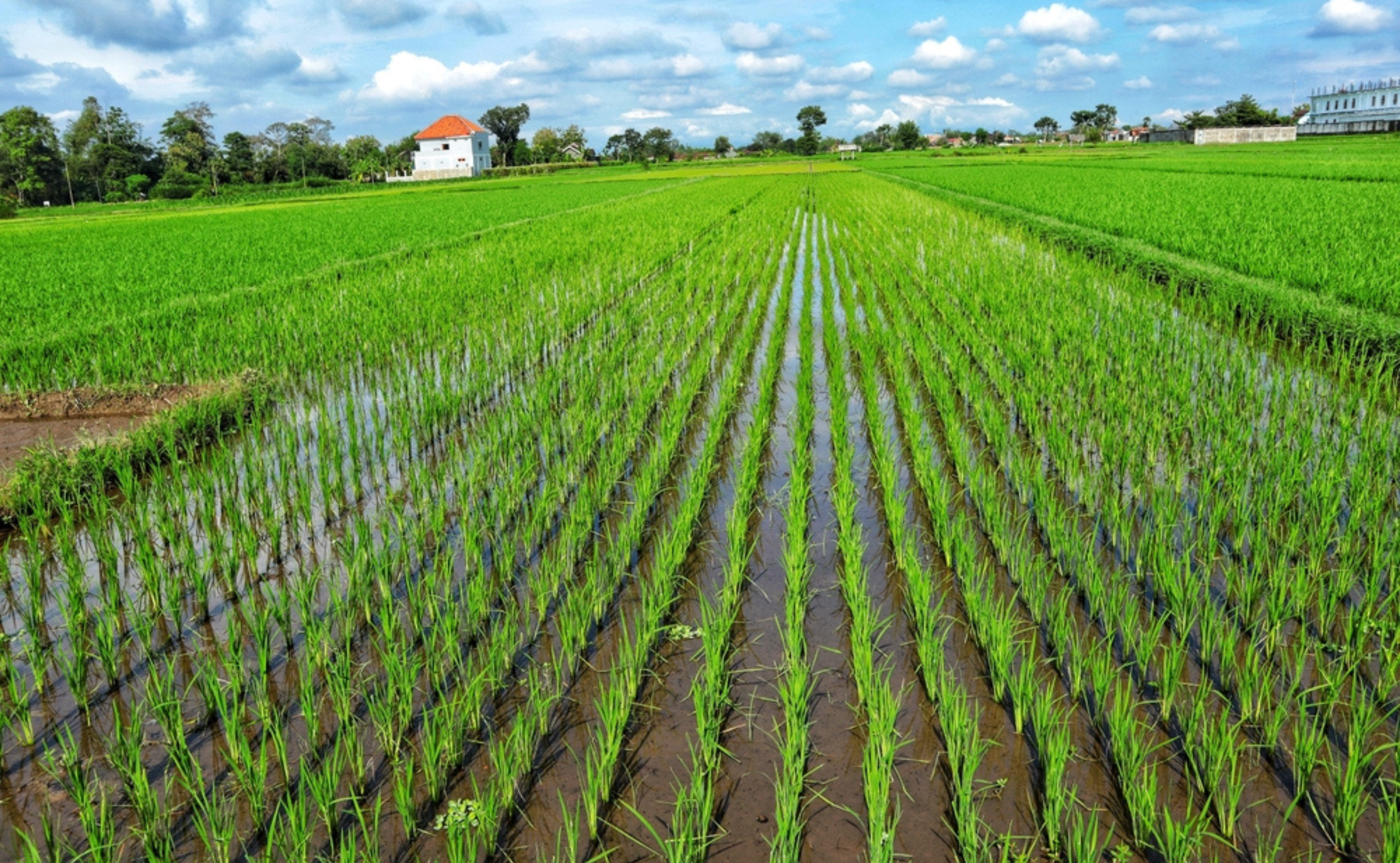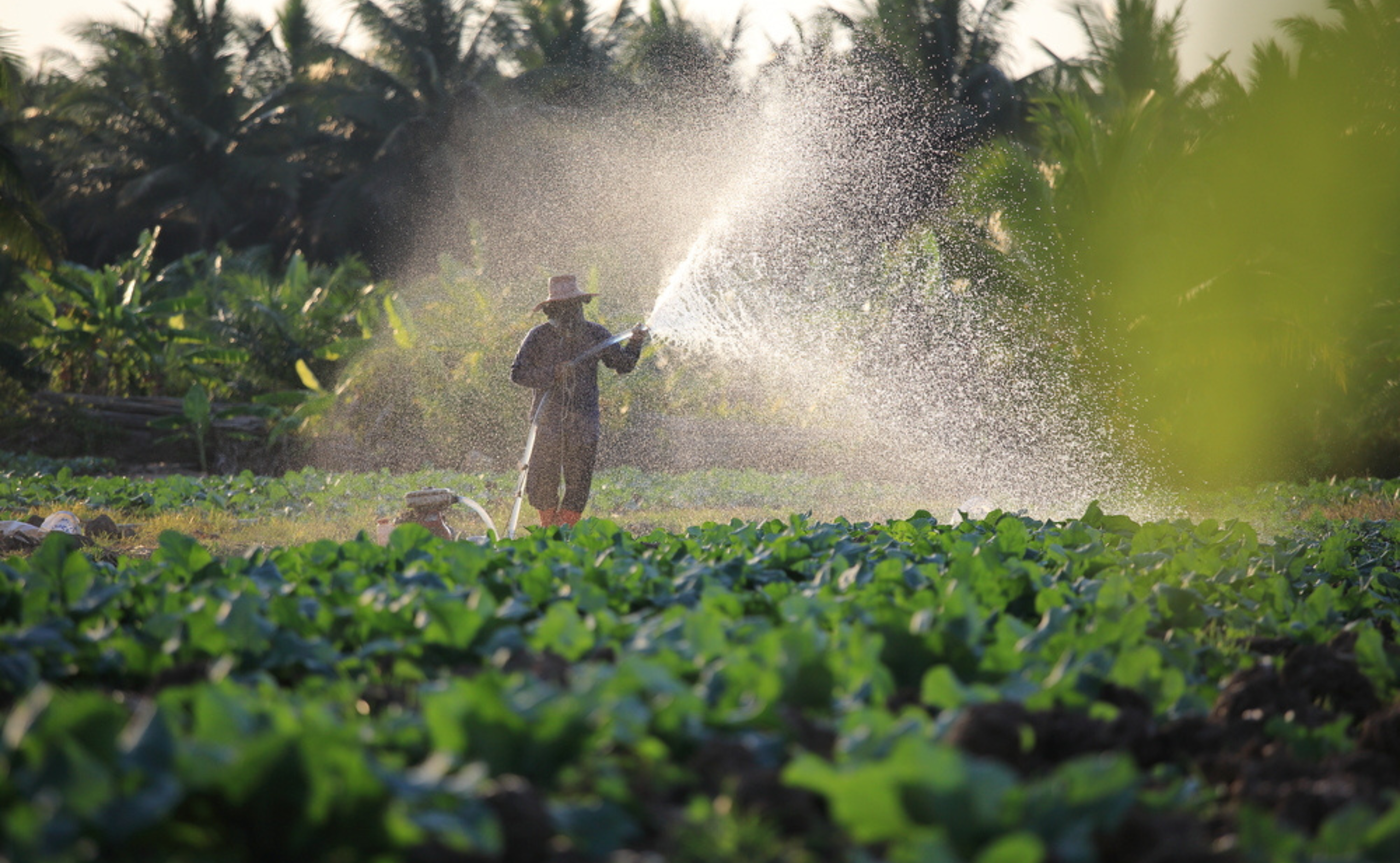
- Climate change, Environment

- Climate change, Environment

- Agriculture and natural resources, Water
- Climate change, Governance and public sector management
- Gender, Social development and protection
- Agriculture and natural resources, Information and Communications Technology

- Gender, Social development and protection

- Economics, Information and Communications Technology

- Agriculture and natural resources, Economics, Water

- Gender, Social development and protection

